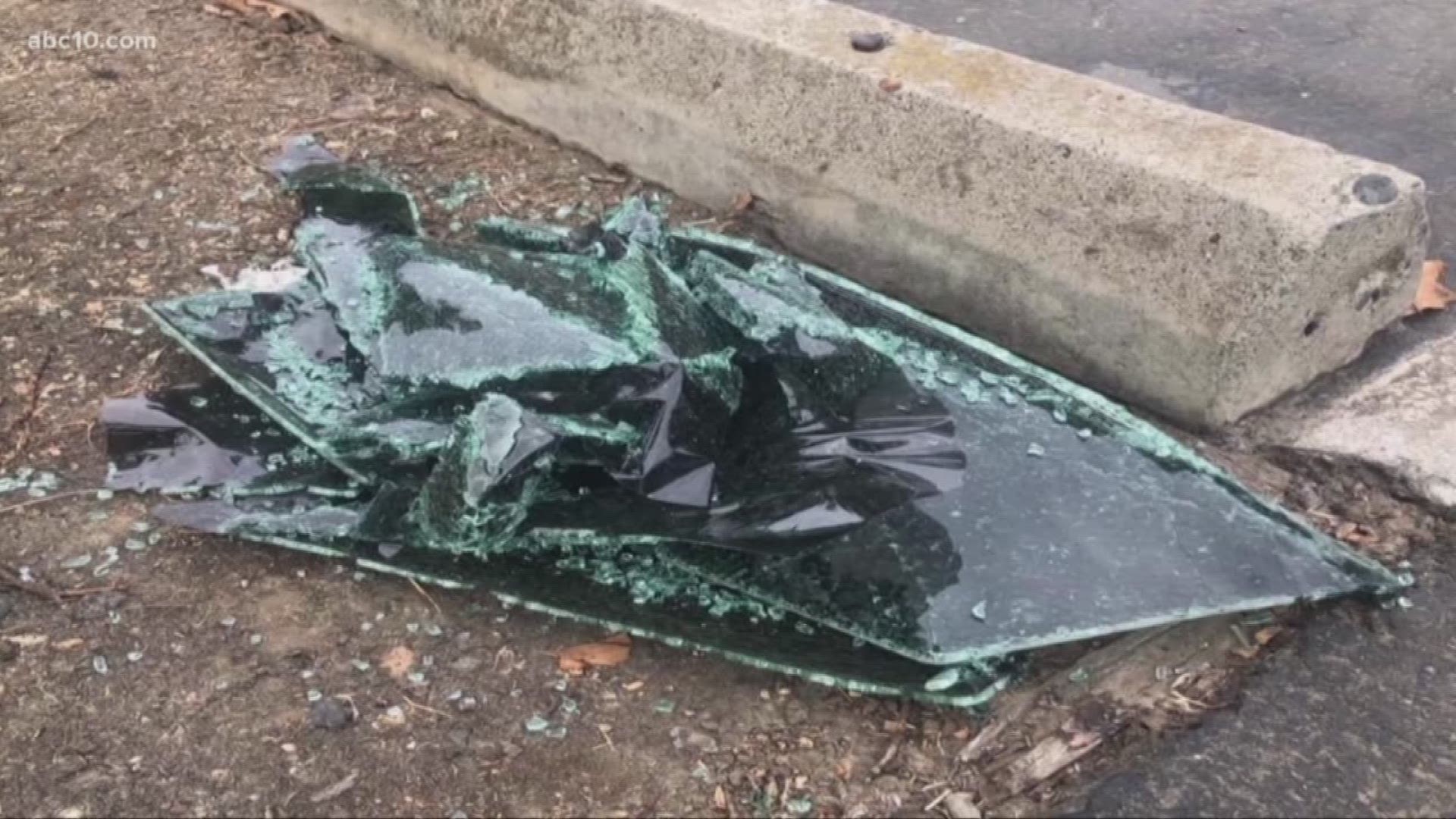SACRAMENTO, Calif — It is easy to assume that if someone were to break a car window and steal items, it would be a clear case of auto burglary. Yet, that’s not the case according to current California law.
Senator Scott Wiener (D-San Francisco) is hoping to change that. The progressive state senator introduced Senate Bill 23, which would close this perceived loophole that puts a burden of proof on car owners to show that their door was locked during the auto burglary.
"This causes the district attorney to lose some cases where there’s clear evidence that the person broke into the car," Wiener said, explaining the impact on the criminal justice system. "They just can’t prove that the door was locked."
In San Francisco, which is part of Wiener's district, about 70 auto burglaries happened every day, according to an ABC7 News Bay Area review of city data. This is especially hard if the victim was from out of state or even from out of the country — which is frequent in the San Francisco Bay Area.
READ MORE: Video shows alleged thief stealing wallet, checkbook from Modesto mother's car parked in driveway
The bill would add five words to the current auto burglary statute — "Or where forced entry is used" — eliminating the locked door loophole.
Both Senator Wiener and Szabo hope everyone works to close the auto burglary loophole soon.
Wiener proposed legislation the past two legislative sessions, but neither bill made it past the Appropriations committee. Still, Wiener believes the bill will eventually pass.
"What this legislation would do is basically say," Wiener explained, "If you enter a car by force... then we’re going to presume that the door was locked and you don’t have to prove that the door was locked."
Wiener said there was a lot of support for the bill, especially from the American Civil Liberties Union. However, many of the state's public defenders opposed the bill, Wiener said.
Max Szabo, one of the writers of the legislation, said he thinks defense attorneys oppose the bill because the locked door burden of proof is an argument they often use for reduced sentences.
"If I’m a defense attorney, I’m going to say 'You can’t prove that the car door was locked,'" Szabo said. "I may try and articulate that I can probably prove that through circumstantial evidence, but attorneys in general don’t like uncertainty. So, that results in a reduced sentence that sometimes will be on the table."
Follow the conversation on Facebook with Mike Duffy.
FOR NEWS IN YOUR COMMUNITY,
DOWNLOAD THE ABC10 APP:
►Stay In the Know! Sign up now for ABC10's Daily Blend Newsletter



